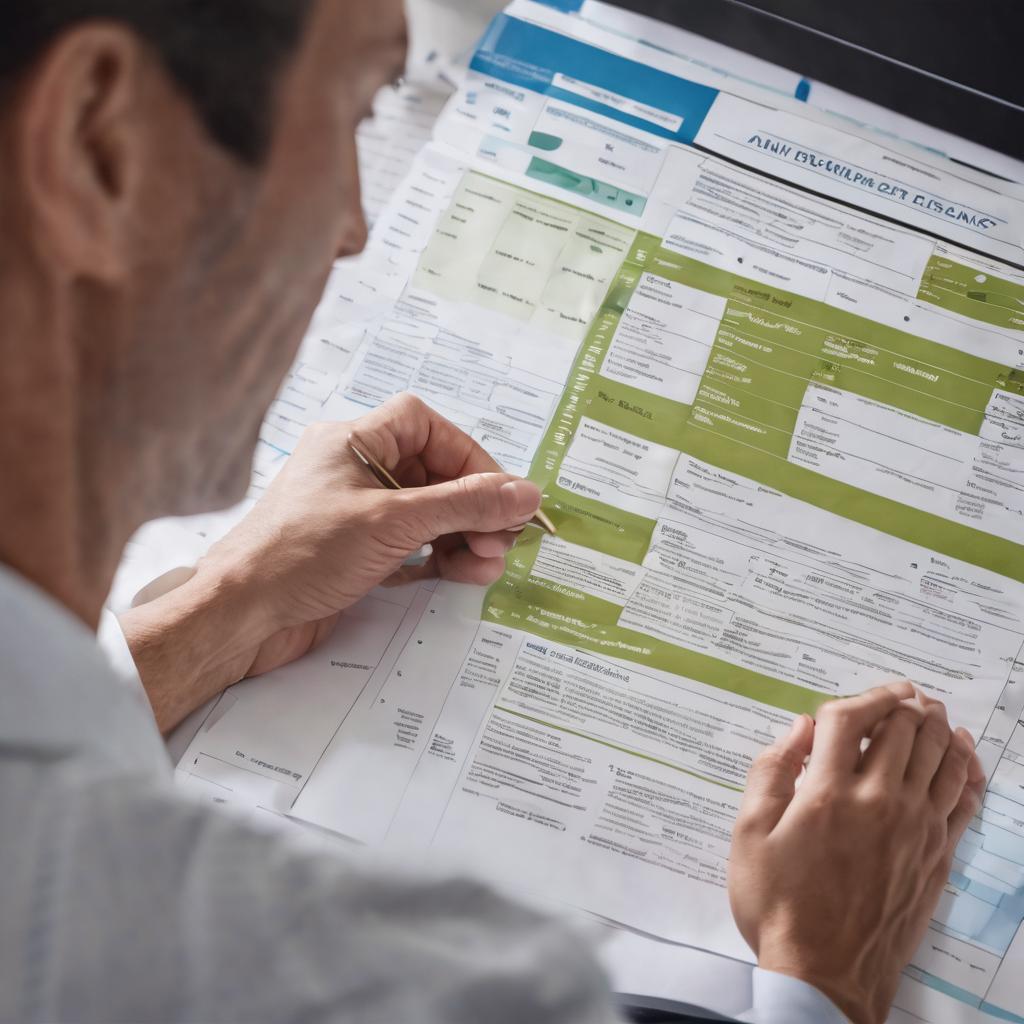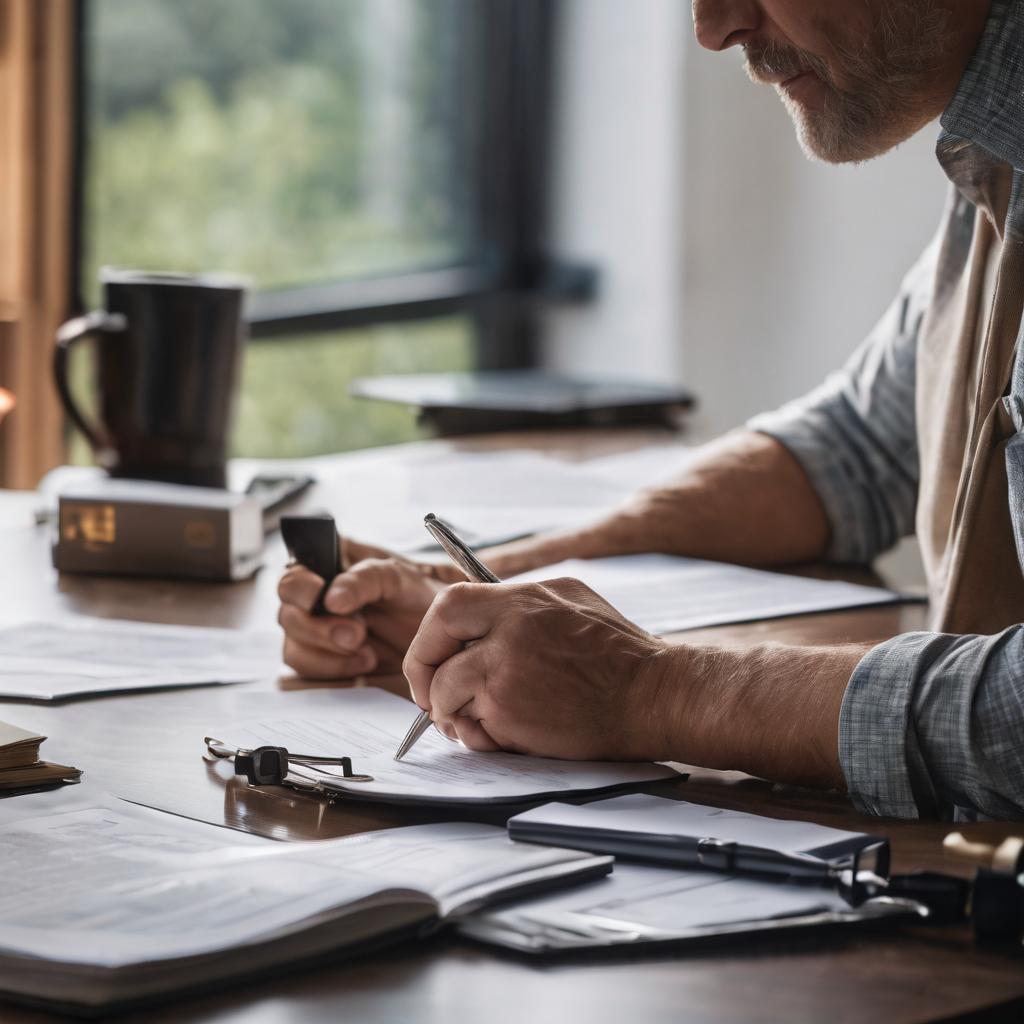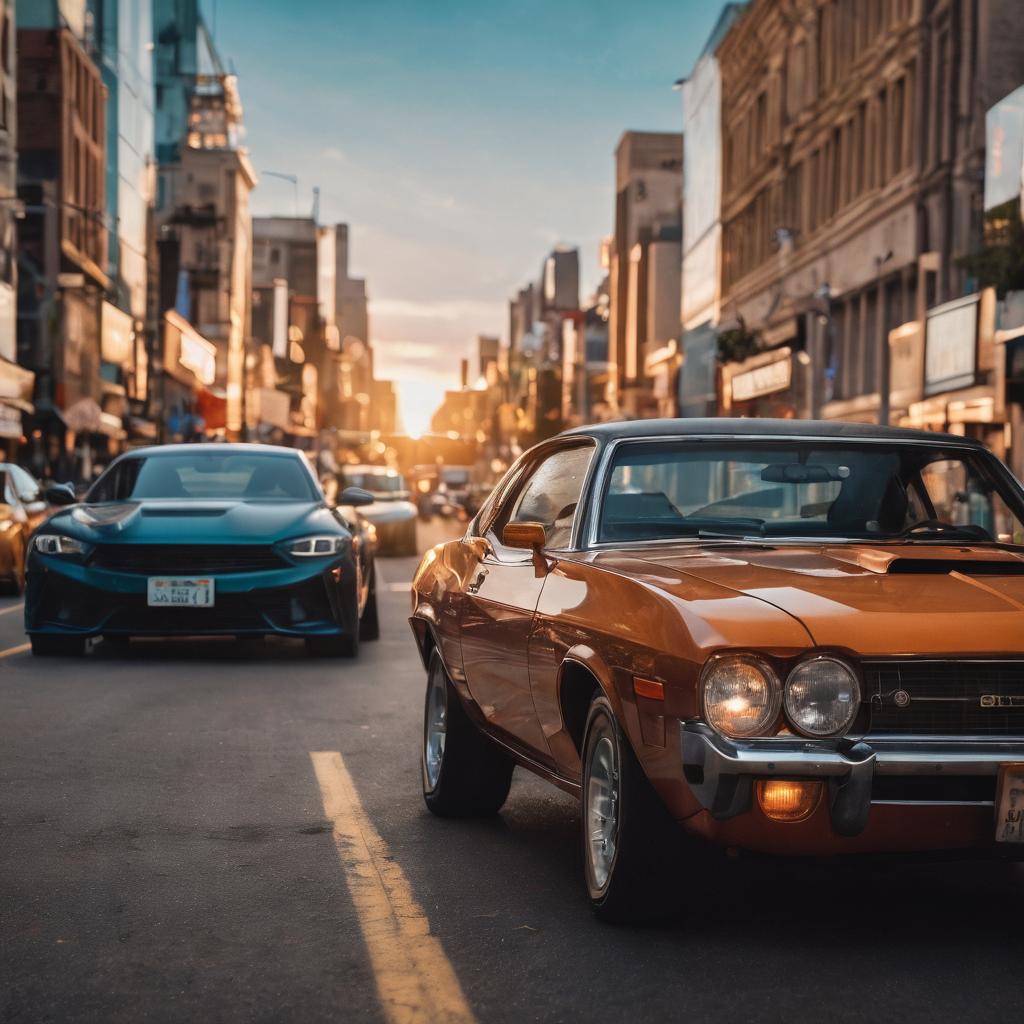5 Essential Tips for Saving Money on Auto Insurance

Contents
Introduction
When it comes to auto insurance, you have options. You can compare quotes from different companies or agents and find the best one for you. However, if you want to save money on auto insurance, there are many things that you can do at home before even contacting an agent. In this article we’ll explore five of these essential tips for saving money on auto insurance.
Use Your Insurance Agent as a Resource
Your insurance agent is a resource, and you should take advantage of that. They can help with questions, advice and referrals. If you have a question about your policy or a claim, it’s best to ask your agent first so that he or she can guide you through the process.
If there is something specific that needs fixing on your vehicle (like windows), get an estimate from the mechanic before going in for repairs; this way, if there are any issues afterward–and there probably will be–you’ll know who is responsible for making things right again.
Choose the Right Car
- Choose a car that’s less likely to be stolen.
- Choose a car that’s less likely to be damaged.
- Choose a car that’s less likely to be involved in an accident.
- Pick a vehicle with good fuel economy, as this will save you money on gas and reduce your insurance premiums (especially if you have older children who are just learning how to drive).
- Finally, make sure the car is safe by considering its crash test ratings and other safety features such as airbags and anti-lock brakes (ABS).
Buy Only What You Need
- Don’t buy what you don’t need.
- Don’t pay for more coverage than you need.
- Do not purchase auto insurance without understanding exactly what the policy covers and whether or not it’s the right fit for your situation, especially if it’s a lower-priced policy with higher deductibles or other limitations that could cause problems if they come into play later on down the road (for example: “I thought my company covered roadside assistance! Now I’m stuck on the side of the road because they didn’t actually cover it; now what am I supposed to do?”).
- You should also avoid buying things that aren’t covered by your policy–for example, if an accident happens while driving someone else’s car or truck (even if this vehicle belongs to someone who lives in your house), then those claims would likely fall under his/her own policy rather than yours unless otherwise specified by both parties beforehand…and even then there might still be questions about where liability lies when multiple policies overlap like this!
Consider Paying in Advance
Paying in advance is one of the best ways to save money on auto insurance.
- You will have the money to pay for your premium, so there’s no risk of being late and incurring penalties.
- Your auto insurance provider won’t charge interest for paying up front; if you wait until the due date, they might charge a late fee or even raise your rates.
Make Accidents a Priority
Accidents are a fact of life. They can happen at any time and to anyone, so it’s important to know what constitutes an accident and how you should handle them if they do happen.
- What is an accident? An accident is any event in which your vehicle comes into contact with another vehicle or object, whether it’s moving or stationary. This includes hitting curbs, running over potholes or driving through mud puddles (even if there’s no damage). You may also be held responsible for damage caused by your car when it hits something on its own accord–for example: if the hood flies up after hitting a bump in the road and smashes into someone else’s windshield as they drive past you.
- Why report accidents? Reporting all vehicular incidents helps protect yourself from liability claims down the road because insurers need this information before determining whether or not they’ll cover damage caused by others’ negligence (or even yours). If an insurance company doesn’t know about an incident until after paying out claims related thereto–and these claims exceed $500–you could end up paying those costs out-of-pocket instead of having them covered by insurance premiums paid throughout each year.* How can we prevent accidents? There are several ways people try avoid getting into car collisions while driving around town every day:* Drive defensively – Avoiding aggressive drivers by keeping distance between yourself and other vehicles helps keep everyone safe on busy streets during rush hour traffic jams; however, this doesn’t mean allowing dangerous drivers access through intersections without slowing down first!
If you want to save money on auto insurance, you can work with your agent.
They can help you find the right car and insurance plan for your needs. They will also be able to advise you on ways of reducing costs without sacrificing coverage.
- Choose the right car: If possible, buy a car that has fewer options and is less expensive than other models in its class. For example, if a luxury sedan costs $30,000 but an economy sedan costs only $20,000–and both are similar in size and safety features–buy the economy vehicle instead of paying extra for unnecessary extras like leather seats or heated seats (which may not even be available).
- Buy only what you need: For example, don’t pay extra for comprehensive coverage just because someone told you it was necessary; comprehensive insurance covers damage from things like fire or theft but doesn’t cover weather damage such as hail storms or flooding rains that cause potholes on roads which could damage other vehicles if driven over them at high speeds during bad weather conditions such as rainstorms where visibility might be poor due to foggy conditions caused by humidity levels rising above 75% during summer months when temperatures rise above 95 degrees Fahrenheit daily while rainfall averages less than 3 inches annually throughout most parts of Texas…
Conclusion
We hope these tips will help you save money on your auto insurance. Remember: your agent is there to help you find the best policy for your situation. Don’t be afraid to ask questions and explore all of your options before making a decision!






